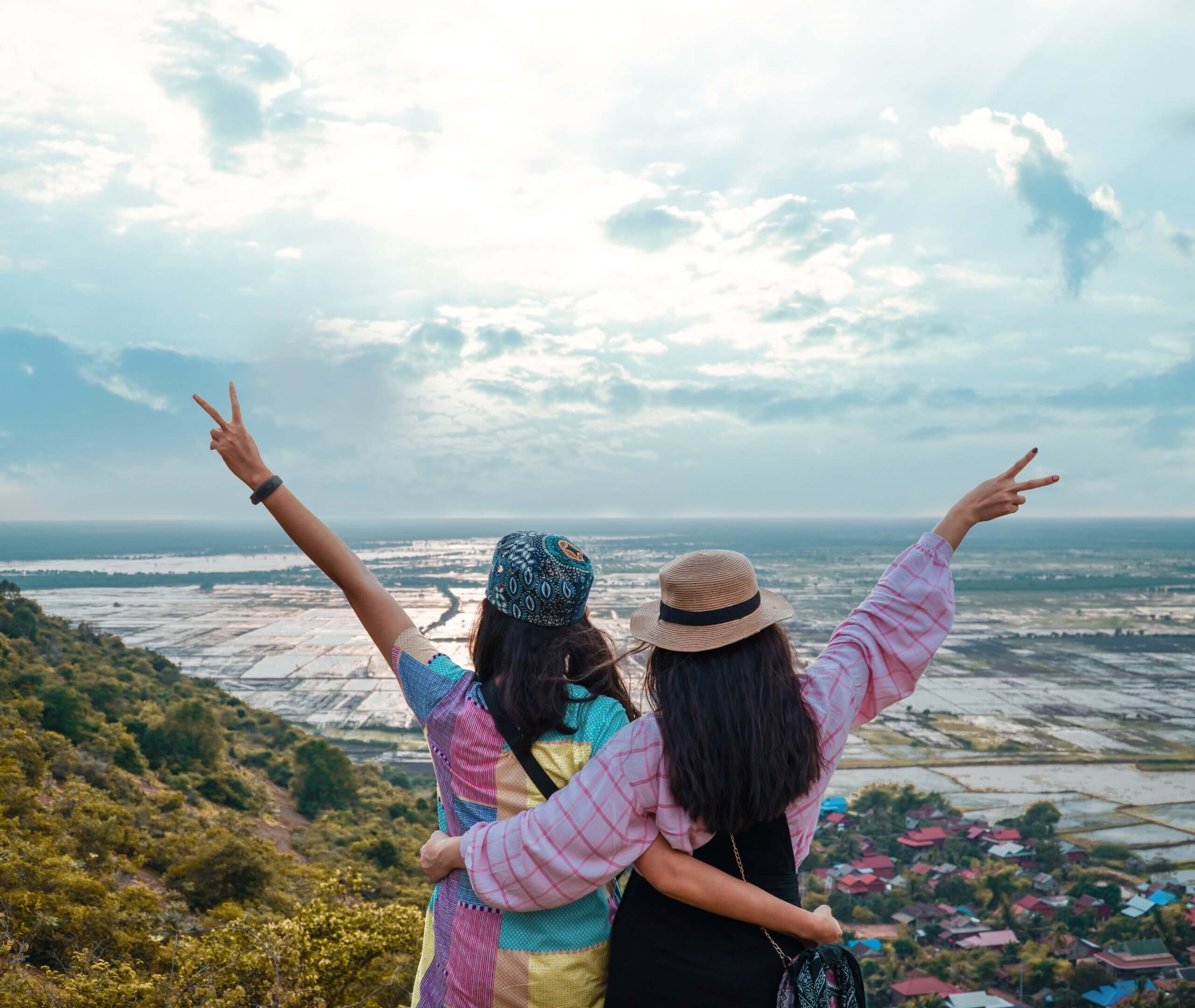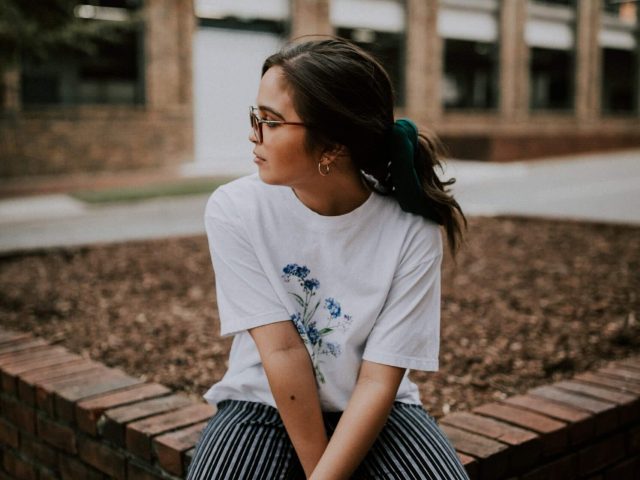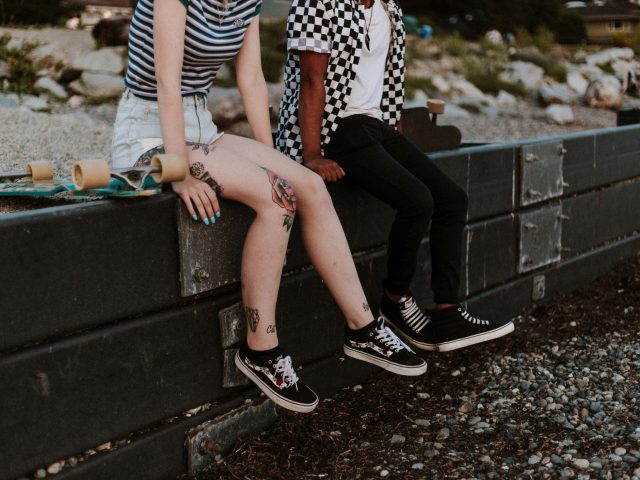During the month of June the United States observes both Juneteenth and Pride Month. Juneteenth commemorates the end* of slavery in the U.S., when the news of the Emancipation Proclamation finally reached and freed enslaved Black Americans in Galveston, Texas on June 19th, 1865 (*although Black Americans were enslaved in Delaware until December 6, 1865). Pride is a monthlong recognition and celebration of the LGBTQ+ community that began in 1969 following the Stonewall Riots in New York City.
Because these observances coincide in June, it’s important that we both acknowledge the intersections of the Black and LGBTQ+ communities and their unique contributions to our country and the world.
If you clicked on this post wondering “how can I be an ally?” the first step is changing your framing to “how do I practice allyship?” Allyship is not a static label, it’s a continuous practice based on sustained effort and learning. An ally is someone who aligns with and supports a given community or identity group. Since this post is focused specifically on alignment with LGBTQ+ and Black communities, I am writing to non-Black and non-queer folks who want to show up this month and beyond.
If you are not Black or queer and wondering what you can do this month to practice allyship, you can use the 10 Signs of a Healthy Relationship as your guide.
Take responsibility for your own learning. There’s no better time to begin or deepen your learning about Pride, Juneteenth, or Black and LGBTQ+ history in general, but remember that it’s not on your Black and/or queer friends to educate you. Our public school system has worked overtime to keep true historical accounts and important Black and LGBTQ+ contributions out of textbooks, curricula, and the greater educational discourse, so don’t assume your Black and/or queer friends are walking encyclopedias on their history if you’re not. Maybe they do know, and maybe they’re willing to share that knowledge with you—that’s great! But it’s not fair to assume or request it. So turn to your favorite medium: podcasts, online research, books, etc. to get learning (and remember to check those sources).
While not everyone can be a history buff, honor that your friends are the experts of their own experiences of their identities, and commit to listening when they choose to share parts of those experiences with you. It is not Black and/or queer people’s responsibility to educate us, but it’s our responsibility to create safer spaces for them to show up and share as their authentic selves.
Engage in healthy conflict with those sharing intolerant messages or misinformation. As someone practicing allyship, this is an opportunity to use the privilege and platform you have to stand with Black and queer communities. You don’t need to be an expert to call somebody out for their harmful language or views, nor do you need to get into a public comment-off with someone in your feed (this may give them a platform to spew more hate in their responses to you). Leave a simple, yet firm comment that you do not agree with what they’ve shared and correct any misinformation (if you’re not sure how, find and link a relevant article), then take it to DMs or private messaging if you wish to engage further.
Respect that everybody observes Juneteenth and Pride differently. Black and queer people are not a monolith; there is no singular narrative or experience of what it means to be Black and/or queer and therefore no “correct” way to observe these holidays. If you’re wondering how your loved ones want you to show up for them this month, ask and respect their decision, whether it includes you or not. Practicing allyship means de-centering yourself. This is not “show your allyship” month, this is a month centered on Black and queer experiences and community. Understand that there are spaces where your presence is not welcome nor necessary.
Show kindness and compassion for the Black and queer folks in your life. Yes, this is a month to take pride and celebrate. It may also bring up complex emotions including grief, anger, and sadness as they reflect the conflicting realities of a country that observes holidays like Juneteenth and Pride but does not protect the rights and lives of the communities it claims to celebrate.
Do what you can to promote equality. A national holiday or awareness month does not mean the work is done. There are still so many inequalities that Black and queer communities must face every day. This month, make an ongoing commitment to move the needle however you can. Donate, fundraise, or volunteer your time with organizations that support Black and LGBTQ+ communities. Buy from Black and queer-owned business throughout the year. Consume media created by Black and queer artists. Commit to ongoing learning and encourage other non-Black and non-queer people in your life to join you.
Though this post is anchored in June, allyship is a lifelong practice. Find sustainable ways to show up, support, and celebrate the Black and queer people in your life throughout all the days and months of the year.
_
Sheridan Riolo is an Engagement Manager in One Love’s California Region. Her “why One Love?” — I do this work because I’m fascinated by so many aspects of relationships, and being at One Love allows me to talk about relationships day in and day out. Sheridan’s favorite healthy sign is Comfortable Pace.
Browse by Category

How to Have Healthy Holiday Conversations with Family (and Prep Your Partner)
The holidays are a time for family, good food, and—let's be real—sometimes intense conversations. Whether it's politics, lifestyle choices, or…
How to End a Summer Romance or Friendship
Summer flings and friendships can feel fleeting. So why is…
Celebrate Your Freedom: Independence in Relationships
As Independence Day rolls around, let’s chat about something just…
Practicing Equality in Your Relationships
Equality is one of One Love’s 10 Signs of a…
Hope After Abuse: What I Wish I Knew About Relationships In College
As a freshman in college – my first real time…














